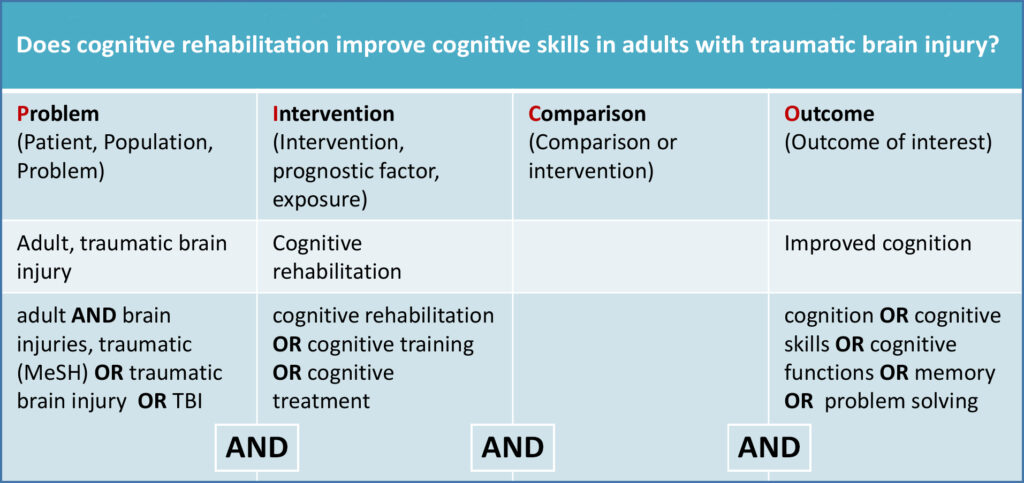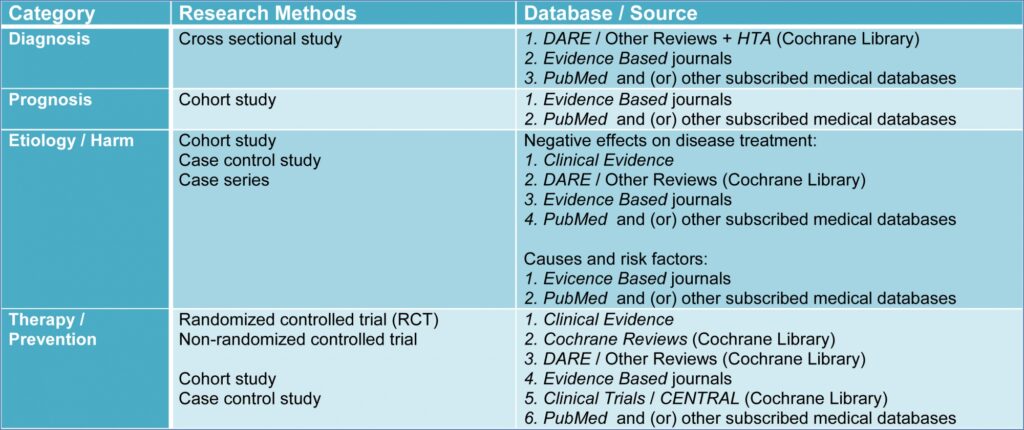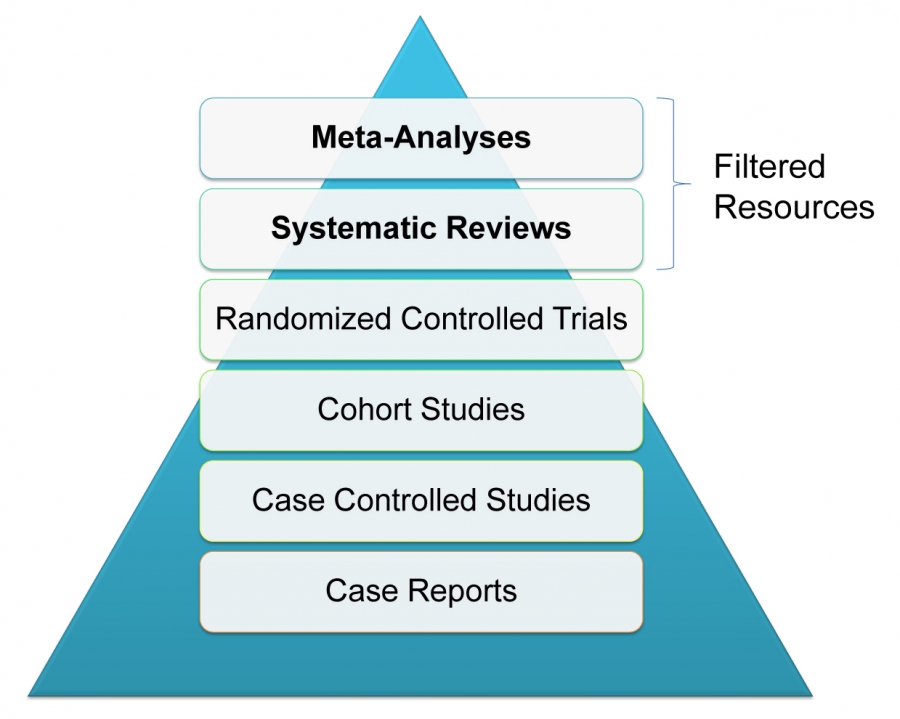| Source type | Examples for citation in the text | Template of source description in bibliography | An example of source description in a bibliography |
| Book | (1); [1]; 1 | Author. Book title. Edition. Publisher; Year. | Doherty P. An insider’s plague year. Melbourne University Press; 2021 |
| e-book (with DOI) | (1); [1]; 1 | Author. Book title. Edition. Publisher; Year. doi:xxxxx | Glenn RW. Come hell or high fever: readying the world’s megacities for disaster. ANU Press; 2023. doi:10.22459/CHHF.2023 |
| e-book (with URL) | (1); [1]; 1 | Author. Book title. Edition. Publisher; Year. Date of Access. URL | Keech BM, Laterza RD. Anesthesia Secrets. 6 Ed. Elesevier; 2021. Accessed 15 September, 2023. https://www.clinicalkey.com/#!/content/book/3-s2.0- B9780323640152099881 |
| Article | (1); [1]; 1 | Author. Article title. Journal title. Year;Volume(Number):Pages. | Odle TG. Precision Medicine in Breast Cancer. Radiol Technol. 2017;88(4):401M- 421M. |
| Electronic article (with DOI) | (1); [1]; 1 | Author. Article title. Journal title. Year;Volume(Number):Pages. doi:xxxxx | Tian YE, Cropley V, Maier AB, Lautenschlager NT, Breakspear M, Zalesky A. Heterogeneous aging across multiple organ systems and prediction of chronic disease and mortality. Nat Med. 2023;29(5):1221-1231. doi:10.1038/s41591-023-02296-6 |
| Electronic article (with URL) | (1); [1]; 1 | Author. Article title. Journal title. Year;Volume(Number):Pages. URL | Sauliūnė S, Kalėdienė R, Kaselienė S, Jaruševičienė L. Health profile of the urban community members in Lithuania: do socio-demographic factors matter? Medicina (Kaunas). 2014;50(6):360-5. https://www.sciencedirect.com/science/article/pii/S1010660X14001098?via%3Dihub |
| Thesis | (1); [1]; 1 | Author. Title. Thesis type. University in which the thesis was defended; date of thesis defence. | Baubilienė A. Kai kurie miokardo infarkto epidemiologijos klausimai Lietuvos TSR sąlygomis : disertacija medicinos mokslų daktaro laipsniui įgyti. Dissertation. Kauno medicinos institutas. 1964. |
| Electronic thesis | (1); [1]; 1 | Author. Title. Thesis type. University in which the thesis was defended; date of thesis defence. Date of Access. URL | Tumienė D. Bendrosios praktikos gydytojų ir jų pacientų požiūrio į natūraliąją mediciną vertinimas. Dissertation. Lietuvos Sveikatos Mokslų Universitetas; 2007. Accessed 21 June 2023. https://hdl.handle.net/20.500.12512/102269 |
| Website | (1); [1]; 1 | Author. Title of the piece. Website title. Date of publication. Update date. Date of Access. URL | Pelenis A. Baltijos jūros pakrantėje aptiko kardžuvę: siekė daugiau nei pusantro metro. Delfi. 11 September, 2023. Accessed 14 September, 2023. https://www.delfi.lt/grynas/gamta/baltijos-juros-pakranteje-aptiko-kardzuve-sieke- daugiau-nei-pusantro-metro-94482749 |
| AI | (1); [1]; 1 | Author: If there is no individual author, specify the organization’s name (e.g., OpenAI, Google, etc.).
Title: The name of the tool (e.g., ChatGPT, Gemini, etc.).
Place of publication and publisher: If known, include the company’s location and name.
Date: First specify, the publication year, followed by the access date ([cited …]).
URL/access link: It is essential to provide the exact source (typically the official website or platform where the tool was used). | OpenAI. ChatGPT [Internet]. San Francisco (CA): OpenAI; 2023 [cited 2025 Apr 22]. Available from: https://chat.openai.com/ |





